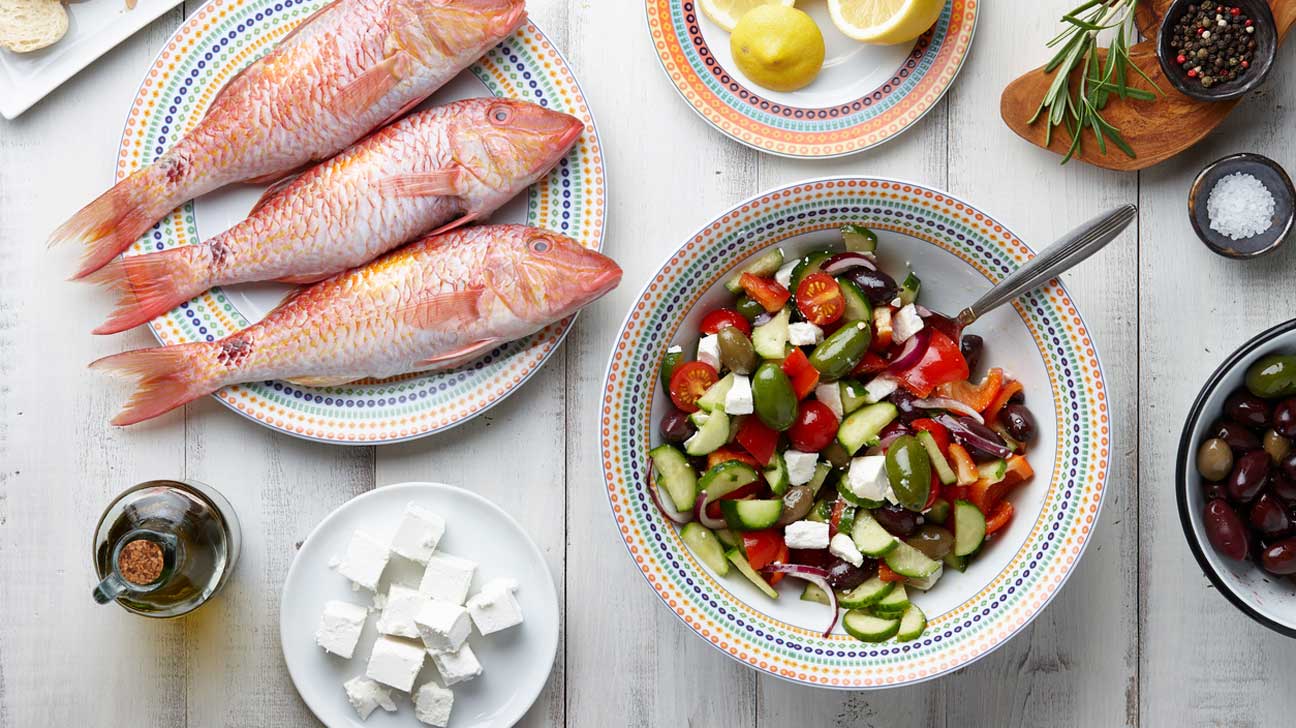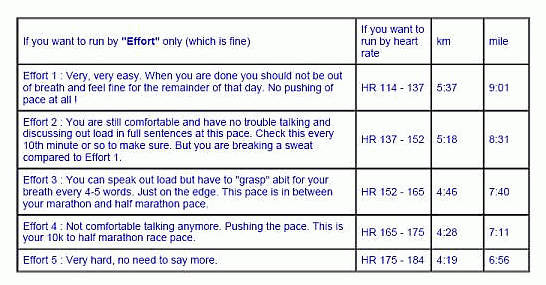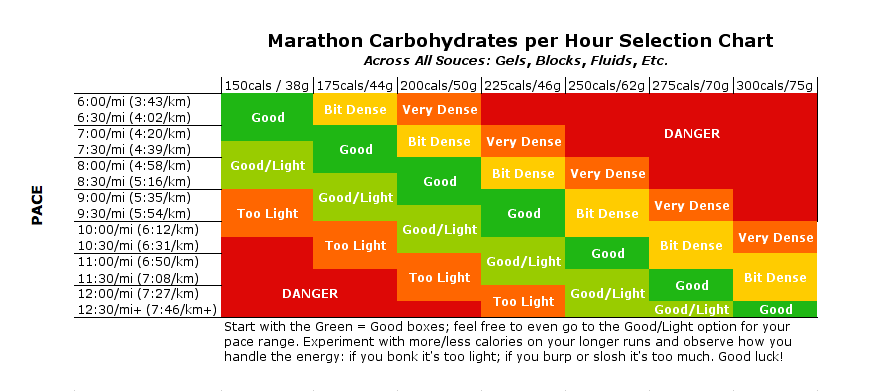Health Benefits of the Mediterranean Diet
The Mediterranean diet entails consumption of plenty of fresh, non-starchy foods. The diet doesn’t only provide people with tasty foods to eat, but it’s also a way of life and comes with numerous benefits. Here are some of the benefits of the Mediterranean diet:
Healthy way to lose weight
If you are looking for ways to lose weight without being hungry most of the time, then the Mediterranean diet is the best approach. The Mediterranean diet is sustainable and provides a realistic way of eating that can last a lifetime. The diet consists of nutrient-dense foods with room for one to choose whether they prefer low-carb foods, lower protein or something in between. The oils that are consumed on the Mediterranean diet hold natural vitamins, antioxidants and the essential fatty acids, which are great for overall body health.
The fact that the diet focuses on healthy natural foods, there is limited room for indulging in processed and junk foods that are known to contribute to health-related conditions and weight gain.
Improves heart health
Various research studies have proven that having a greater adherence to the Mediterranean diet, which consists of intake of mono-saturated fats and omega-3 foods, is associated with reduction of heart disease. The Mediterranean diet decreases the risk of cardiac death by about 30 percent. Intake of olive also decreases high blood pressure and is also suitable for lowering hypertension. The diet also helps with combating disease promoting effects of oxidation.
The Mediterranean diet discourages intake of saturated fats and the hydrogenated oils or trans fats, both of which can contribute to heart disease.
Helps fight cancer
Plant-based foods, especially fruits and vegetables, are simply the cornerstone of the Mediterranean diet and help in fighting cancer in each and every way. The plant-based foods provide antioxidants, which help in protecting the DNA from damage and also stop cell mutation. They also help in delaying tumor growth and lowering inflammation. Various studies have proven that olive oil can be a natural way of preventing cancer and decreasing the risk of bowel and colon cancers.
Plant-based foods also help in promoting balanced blood sugar and sustain healthy weight.
Prevents diabetes
Various studies have proven that the Mediterranean diet also works as an anti-inflammatory dietary pattern that helps with fighting diseases that are related to Type 2 diabetes, chronic inflammation and metabolic syndrome. The Mediterranean diet is considered effective for preventing diabetes just because it controls excess levels of insulin, a hormone that controls the levels of blood sugar and causes people to gain weight even when dieting.
Intake of well-balanced whole foods that contain healthy fatty acids alongside healthy sources of protein and carbohydrates is great for the body. Such foods enable the body to burn fat more efficiently and also provide energy. Consumption of foods with low levels of sugar also means that insulin resistance becomes rare, so it’s impossible to experience peaks of blood sugar.
Improves cognitive health
Being on a Mediterranean diet provides a natural way of preserving memory and is a great step towards the treatment of Alzheimer’s disease and dementia in a natural way. Cognitive disorders normally occur when the brain is deprived of sufficient dopamine, a very important chemical that’s vital for mood regulation, body movements and processing of thoughts.
Healthy fats such as nuts and olive oil are great at fighting age-related cognitive decline. They help counter some of the harmful effects of free radicals, exposure to toxins and inflammation that’s caused by being on poor diets. Being on a Mediterranean diet has also been linked to lowering the rate of Alzheimer’s. Foods such as yoghurt also help in building a healthy gut, which also helps in improving cognitive functioning, mood and memory.
A Path to Weight Loss with the Mediterranean Diet
The Mediterranean diet focuses mainly on plant-based foods and healthy fats such as olive oil, and the diet has been well known for the heart-health benefits and quite recently the brain-boosting effect. Major studies, however, show that the Mediterranean diet has an eating plan that’s great not only for losing weight but also for maintaining weight. It’s possible to lose weight and keep it off completely when on you are on a Mediterranean diet.
The Mediterranean diet is never a calorie-restricted diet, which fails in providing sustained weight loss. It’s more of a way of life and that makes it possible to realize sustained weight loss. Since the diet is rich in healthy and mono-saturated fats like nuts, avocados and olive oil, it enables people to stay full for long, so it’s possible to be content with less food. It’s also low on added sugar, which also lowers the risk of developing Type 2 diabetes. Unlike other trendy diets, intake of carbs is not banned; however, emphasis is given on intake of fruits and vegetables in great amounts along with fiber-rich whole grains.
Unlike crash diets that dehydrate people and the low-calorie diets that put the body into starvation mode, the Mediterranean diet is outstanding in weight loss as you don’t regain the weight lost as long as you continue with the lifestyle. To realize weight loss with the Mediterranean diet, one should be aware of the following:
Have a clear path to healthy foods: One should be aware of how the processed foods with chemicals sabotage weight loss and weight control. They should begin by purging pantry and restocking healthy food choices as they begin to eat healthy and whole foods.
Portion control: You should look at the behavioral habits in relation to how you handle food and adopt healthy eating habits. Learn to control overconsumption of some foods that you should be taking in moderation. As much as you are free to eat the foods you want, the quantity of the foods matter and can greatly enhance weight loss.
Have peace with the process: Address stress induced by way of eating and learn to adapt to the new eating habits. Finding peace with the process will help you address weight gain that may come as a result of stress-induced eating. You should engage in activities that help you to stay active with the process.
begin by purging pantry and restocking healthy food choices as they begin to eat healthy and whole foods.
Portion control: You should look at the behavioral habits in relation to how you handle food and adopt healthy eating habits. Learn to control overconsumption of some foods that you should be taking in moderation. As much as you are free to eat the foods you want, the quantity of the foods matter and can greatly enhance weight loss.
Have peace with the process: Address stress induced by way of eating and learn to adapt to the new eating habits. Finding peace with the process will help you address weight gain that may come as a result of stress-induced eating. You should engage in activities that help you to stay active with the process.
begin by purging pantry and restocking healthy food choices as they begin to eat healthy and whole foods.
Portion control: You should look at the behavioral habits in relation to how you handle food and adopt healthy eating habits. Learn to control overconsumption of some foods that you should be taking in moderation. As much as you are free to eat the foods you want, the quantity of the foods matter and can greatly enhance weight loss.
Have peace with the process: Address stress induced by way of eating and learn to adapt to the new eating habits. Finding peace with the process will help you address weight gain that may come as a result of stress-induced eating. You should engage in activities that help you to stay active with the process.
Follow as a lifestyle: Make the healthy eating habits a way of life that you practice on a daily basis. Remember that behavioral change is important if you have to adapt easily to the Mediterranean lifestyle.




















